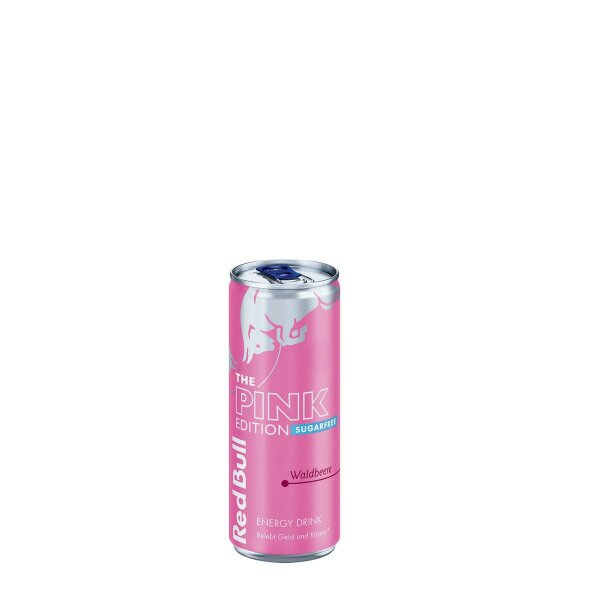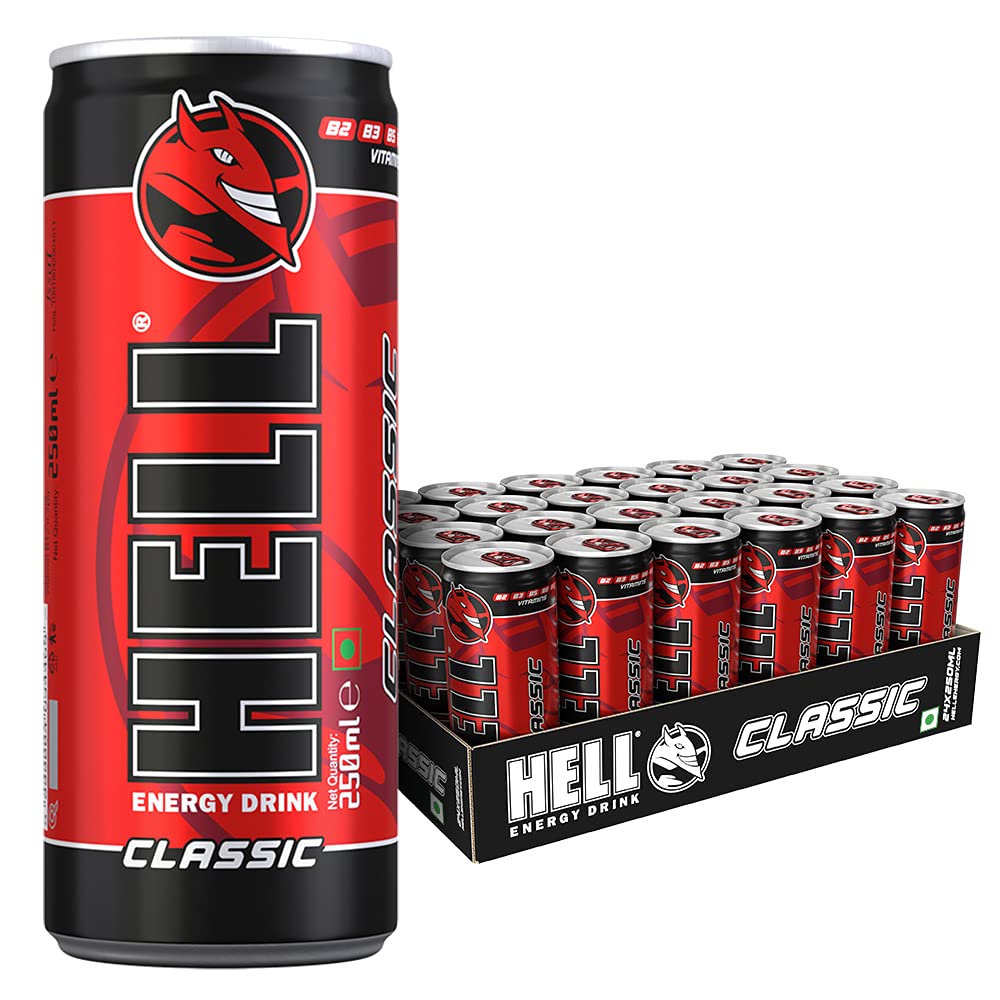Introduction to Sugar-Free Energy Drinks
Are sugar free energy drinks bad? The quest for energy without the sugar hit has led to an influx of sugar-free energy drinks. These beverages promise the same invigorating boost as their sugared counterparts, minus the calories. They often market themselves as a healthier or diet-friendly alternative, tapping into the growing trend of calorie-consciousness.

What Are Sugar-Free Energy Drinks?
Sugar-free energy drinks are carbonated beverages that contain no sugar but are sweetened with artificial sweeteners instead. They are formulated to increase alertness and improve mental and physical performance. Ingredients like caffeine, taurine, and various vitamins and minerals are common.
Prevalence of Sugar-Free Energy Drink Consumption
Their popularity is soaring, especially among those looking to reduce sugar intake or manage weight. Many choose these drinks for their diet-friendly appeal, believing them to be a harmless source of quick energy.
Ingredients and Their Effects
The allure of sugar-free energy drinks often lies in their potent ingredients.
Caffeine Content and Its Impact
Caffeine is a central component in most sugar-free energy drinks, typically ranging from 50 to 300mg per serving. This stimulant is prized for its ability to boost alertness and improve concentration. However, excessive intake can lead to insomnia, nervousness, and heart palpitations. Understanding these doses can help consumers make more informed choices about their caffeine consumption.
Other Common Ingredients in Sugar-Free Energy Drinks
Besides caffeine, these drinks often contain taurine, ginseng, and B-vitamins, each contributing to the perceived energy boost. Taurine, for example, often touted for its endurance-enhancing properties, lacks robust scientific backing for its effectiveness. Ginseng, believed to enhance brain function and energy levels, also shows inconsistent results in studies. Consumers should note these varying effects when selecting their preferred beverage.
The Role of Artificial Sweeteners
Artificial sweeteners replace sugar in these drinks, promising lower calories without sacrificing sweetness. Common sweeteners include aspartame, sucralose, and acesulfame potassium. While these provide the benefit of reducing sugar intake, their long-term impact on health is still debated. Some studies suggest they may impact metabolism and gut health. As awareness grows, it’s crucial for consumers to consider these factors in their dietary choices.
Health Implications of Consuming Sugar-Free Energy Drinks
While sugar-free energy drinks boast lower calories, they carry health risks that require attention.
Cardiovascular Risks Associated with Energy Drinks
Energy drinks can quicken heart rates and raise blood pressure. These effects could harm heart health. Regular use may lead to more serious issues, like heart rhythm problems. Some may experience chest pains or even heart attacks from heavy consumption.
Neurological and Psychological Effects
The high caffeine content in energy drinks can lead to anxiety and restlessness. People may feel on edge or experience mood swings. In cases of high intake, one might struggle with concentration or endure severe mood crashes.
The Impact on Sleep and Cognition
Energy drinks often disrupt sleep patterns, making good rest hard to come by. Over time, this can impact overall health and diminish cognitive functions. Too much caffeine can even leave you feeling drained once its effects wear off.

The Misconception of ‘No Sugar, No Harm’
It’s a common belief that ‘sugar-free’ means ‘risk-free.’ Many people think that sugar-free energy drinks are a healthier option compared to their sugar-laden counterparts. This belief is grounded in the idea that cutting out sugar cuts out the health risks. However, the absence of sugar does not remove other potential health threats posed by the drink’s ingredients such as caffeine, artificial sweeteners, and other additives.
How Sugar-Free Doesn’t Equate to Risk-Free
Choosing sugar-free energy drinks does not spare you from health risks. These drinks often contain high caffeine levels. Excessive caffeine can trigger anxiety, sleep disorders, and heart issues. Besides, artificial sweeteners are common. Some studies suggest they might affect metabolism and gut health negatively. Furthermore, other additives might contribute to long-term health issues.
Comparison with Regular Energy Drinks
Sugar-free energy drinks often have similar amounts of caffeine as regular energy drinks. They might also contain additional stimulants like guarana or ginseng. The add-ins are much the same apart from the sugar. The key difference is the sweetener used in place of sugar. Regular energy drinks can affect your calorie and sugar intake more. Yet, both types may pose similar health risks like heart palpitations, increased blood pressure, and potential sleep disorders.
The Concerns of Mixing with Alcohol
Consuming alcohol with sugar-free energy drinks poses critical risks. This combination often leads to increased risk-taking and a false sense of alertness. It’s important to understand the implications of mixing these two substances.
Increased Chance of Risk-Taking Behaviors
Mixing alcohol with energy drinks can lead to risky actions. Studies show that the stimulant effect of caffeine masks the depressant effect of alcohol. People may feel less intoxicated than they are. As a result, they might make unsafe decisions, like driving when they should not.

Misjudgment of Intoxication Levels
When energy drinks and alcohol merge, it’s harder to judge how drunk you are. The caffeine can make you feel more awake and in control. This can trick you into thinking you’re not that drunk. But your motor skills and reaction times may still be impaired. This misjudgment can lead to harmful situations.
Consumption Recommendations and Alternatives
Navigating the sea of energy drinks, particularly sugar-free options, requires caution and awareness.
Guidelines for Safe Consumption
To minimize risks, here are simple rules:
- Limit intake to occasional use, not everyday.
- Choose drinks with lower caffeine levels, often under 100mg per serving.
- Avoid mixing with alcohol to prevent impaired judgment.
- Don’t consume drinks close to bedtime; they can disrupt sleep.
- Individuals sensitive to caffeine or with health issues should consult doctors before use.
- Stay hydrated with water when consuming these drinks.
- Pay attention to how your body reacts and stop if adverse effects occur.
These guidelines help reduce the potential negative effects the ingredients in sugar-free energy drinks can have.
Healthier Alternatives to Energy Drinks
For those seeking energy boosts without the risks, consider these natural choices:
- Water remains the best hydrating option, with zero risks attached.
- Green tea offers a milder caffeine kick plus antioxidant benefits.
- A balanced diet ensures steady energy throughout the day.
- Regular exercise naturally raises energy levels and mood.
- Sleep is the ultimate restorer; aim for 7-9 hours nightly.
- Fruits like bananas provide quick energy from natural sugars and nutrients.
Incorporating these alternatives can contribute to a healthier lifestyle while still providing the desired increase in alertness and energy.
Conclusion
In our detailed look at sugar-free energy drinks, it’s clear they’re not risk-free.
Summarizing the Risks and Recommendations
From heart health to mental well-being, sugar-free energy drinks present several risks. High caffeine can cause heart issues and disturb sleep. The artificial sweeteners could impact metabolism and mood.
Avoid these drinks if you have heart conditions or are sensitive to caffeine. Don’t mix them with alcohol. This can lead to unsafe behavior due to a false sense of sobriety.
For safe use, limit these drinks to occasional consumption and mind the caffeine content. Opt for alternatives like water, green tea, and a nutritious diet to boost energy naturally. And remember, consistent sleep is the best energy restorer.
The bottom line is: if you do consume energy drinks, use them wisely and know your limits. Healthier lifestyle choices usually make a better foundation for energy and wellness.
